Plot
Jane, a woman from the present day, has taken a drug called chuinjuatin, thought to induce out-of-body experiences. She wakes up not as herself, but in a bloated body unknown to her. Initially she has amnesia. She has mentally time travelled into the future. Society is in this time period made up only of women, organized into a strict hierarchy of caste. She is a member of the mother caste. Jane's initial contacts have not even heard of men; they believe her to be mad.
Doctors consent to take Jane to meet Laura, an aged historian. Jane learns that she has only travelled a little more than a century forward. Not long into her future, a Dr Perrigan unintentionally created a virus which killed all men. A small educated elite, mainly in the medical profession, salvaged the catastrophe-stricken world, and devised a way for women to reproduce artificially. They took inspiration from Chapter 6, verse 6 of the Book of Proverbs's "Go to the ant, thou sluggard; consider her ways, and be wise" and created a caste-based society. Laura is certain that men were oppressors of women and that the world is far better without them. Jane, a happily married woman in her own time, disagrees.
Distressed, Jane requests that she be administered another dose of chuinjuatin, in order to return home. The method works. Jane, in the present, sets out to stop Dr Perrigan at all costs. The story ends on an ambiguous note and suggests that a predestination paradox may doom her efforts.

Sir Alfred Joseph Hitchcock was an English film director. He is widely regarded as one of the most influential figures in the history of cinema. In a career spanning six decades, he directed over 50 feature films, many of which are still widely watched and studied today. Known as the "Master of Suspense", Hitchcock became as well known as any of his actors thanks to his many interviews, his cameo appearances in most of his films, and his hosting and producing the television anthology Alfred Hitchcock Presents (1955–65). His films garnered 46 Academy Award nominations, including six wins, although he never won the award for Best Director, despite five nominations.
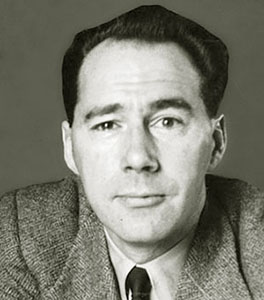
John Wyndham Parkes Lucas Beynon Harris was an English science fiction writer best known for his works published under the pen name John Wyndham, although he also used other combinations of his names, such as John Beynon and Lucas Parkes. Some of his works were set in post-apocalyptic landscapes. His best known works include The Day of the Triffids (1951), filmed in 1962, and The Midwich Cuckoos (1957), which was filmed in 1960 as Village of the Damned, in 1995 under the same title, and again in 2022 in Sky Max under its original title.

Suspicion is a 1941 American romantic psychological thriller film noir directed by Alfred Hitchcock, and starring Cary Grant and Joan Fontaine as a married couple. It also features Sir Cedric Hardwicke, Nigel Bruce, Dame May Whitty, Isabel Jeans, Heather Angel, and Leo G. Carroll. Suspicion is based on Francis Iles's novel Before the Fact (1932).

Alfred Hitchcock Presents is an American television anthology series created, hosted and produced by Alfred Hitchcock, airing on CBS and NBC, alternately, between 1955 and 1965. It features dramas, thrillers, and mysteries. Between 1962 and 1965, it was renamed The Alfred Hitchcock Hour. Hitchcock himself directed only 18 episodes during its run.
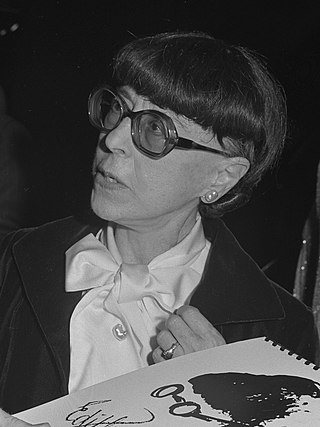
Edith Claire Head was an American costume designer who won a record eight Academy Awards for Best Costume Design between 1949 and 1973, making her the most awarded woman in the Academy's history. Head is considered to be one of the greatest and most influential costume designers in film history.

Laura Mulvey is a British feminist film theorist and filmmaker. She was educated at St Hilda's College, Oxford. She is currently professor of film and media studies at Birkbeck, University of London. She previously taught at Bulmershe College, the London College of Printing, the University of East Anglia, and the British Film Institute.

Alan William Napier-Clavering, better known as Alan Napier, was an English actor. After a decade in West End theatre, he had a long film career in Britain and later on in Hollywood. Napier is best remembered for portraying Alfred Pennyworth, Bruce Wayne's butler in the 1960s live-action Batman television series.

Hazel Court was an English actress. She is known for her roles in British and American horror films during the 1950s and early 1960s, including Terence Fisher's The Curse of Frankenstein (1957) and The Man Who Could Cheat Death (1959) for Hammer Film Productions, and three of Roger Corman's adaptations of Edgar Allan Poe stories for American International Pictures: The Premature Burial (1962), The Raven (1963) and The Masque of the Red Death (1964).
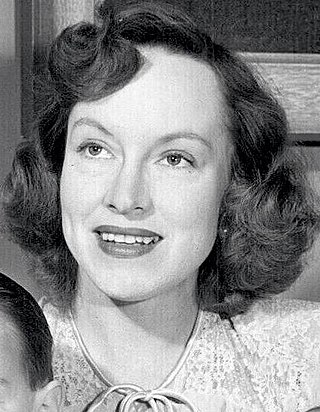
Virginia Lee Gregg was an American actress known for her many roles in radio dramas and television series.

James Farentino was an American actor. He appeared in television, film, and on stage, including The Final Countdown, Jesus of Nazareth, and Dynasty.
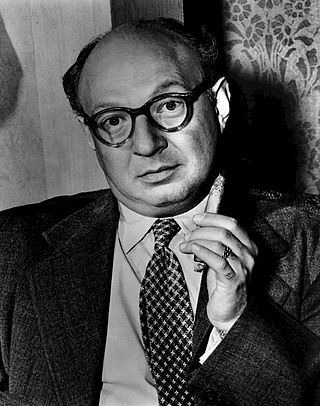
Robert H. Harris was an American character actor.

The Locket is a 1946 American psychological thriller film noir directed by John Brahm, starring Laraine Day, Brian Aherne, Robert Mitchum, and Gene Raymond, and released by RKO Pictures. The film is based on a screenplay by Sheridan Gibney, adapted from "What Nancy Wanted" by Norma Barzman, wife of later-blacklisted writer Ben Barzman. It is noted for its complex and confusing use of layered flashbacks within flashbacks to give psychological depth to the narrative.
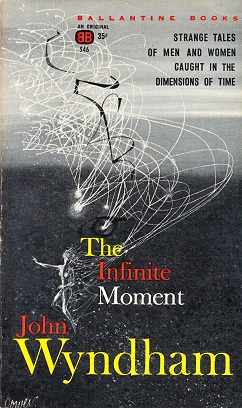
The Infinite Moment is a collection of science fiction three short stories and three novellas/novelettes by British writer John Wyndham, published in Ballantine Books in 1961.
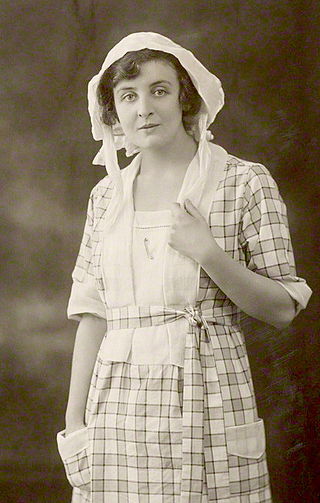
Hessy Doris Lloyd was a British actress. She appeared in The Time Machine (1960) and The Sound of Music (1965).

Winifred Ashton CBE, better known by the pseudonym Clemence Dane, was an English novelist and playwright.
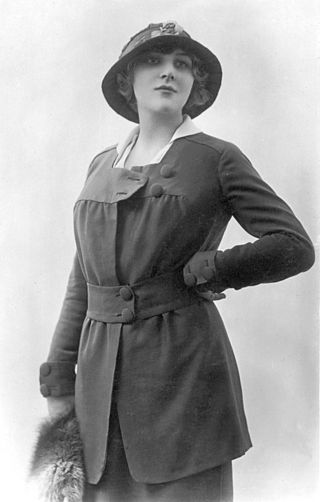
Isobel Elsom was an English film, theatre, and television actress. She was often cast as aristocrats or upper-class women.

Rose Constance Gilchrist was an American stage, film, and television actress. Among her screen credits are roles in the Hollywood productions Cry 'Havoc' (1943), A Letter to Three Wives (1949), Little Women (1949), Tripoli (1950), Houdini (1953), Some Came Running (1958), and Auntie Mame (1958).
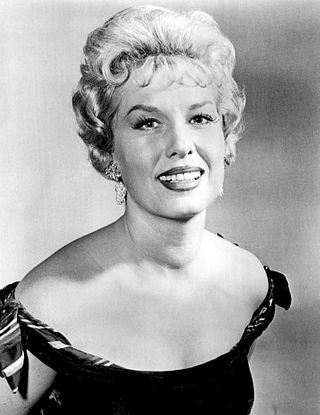
Jean Donahue was an American film and television actress. She appeared in approximately 65 films in her 38-year career.

"Disguise for Murder" is a Nero Wolfe mystery novella by American writer Rex Stout, first published as "The Twisted Scarf" in the September 1950 issue of The American Magazine. It first appeared in book form in the short-story collection Curtains for Three, published by the Viking Press in 1951.

Consider Her Ways and Others is a collection of science-fiction three short stories and three novelettes/novellas by John Wyndham, published in 1961.



















